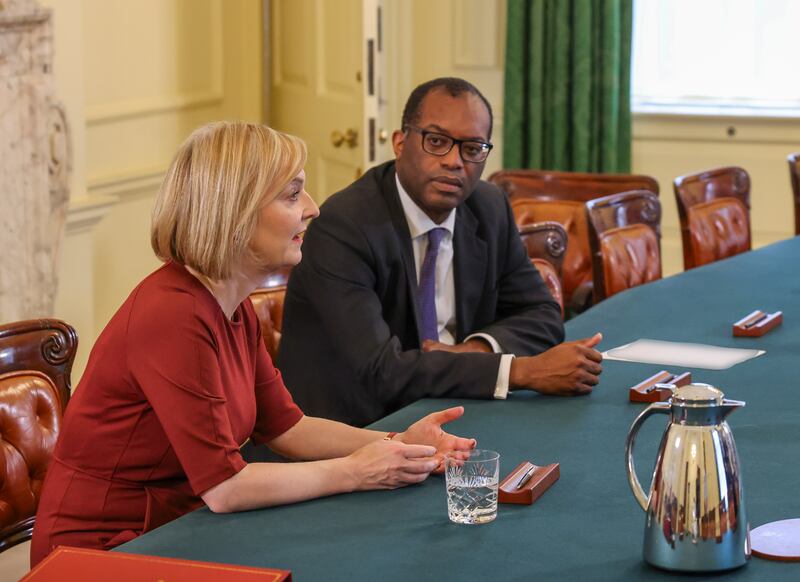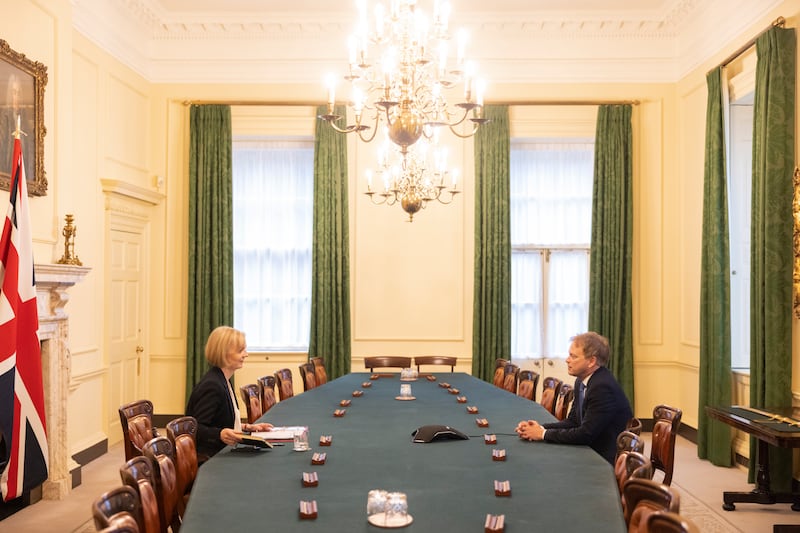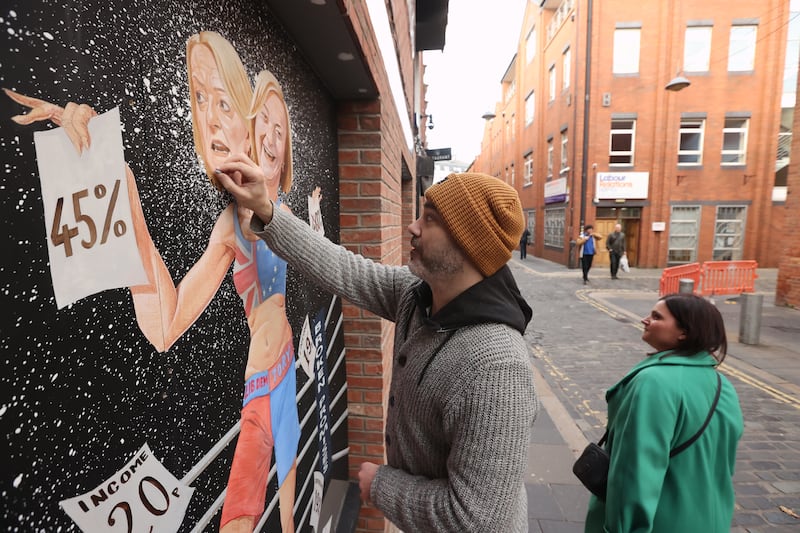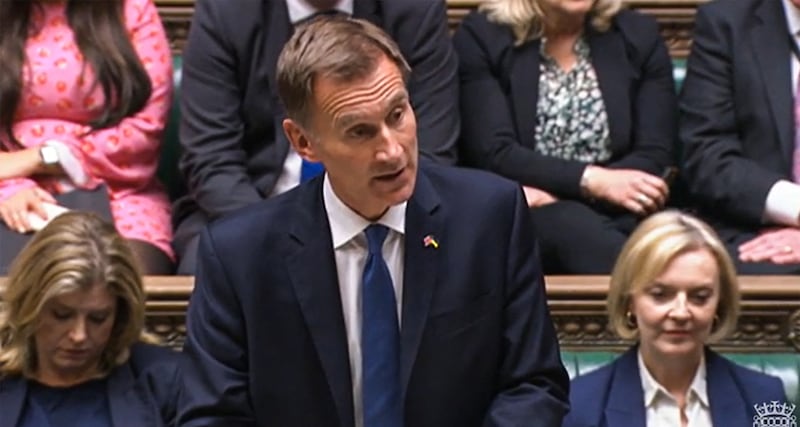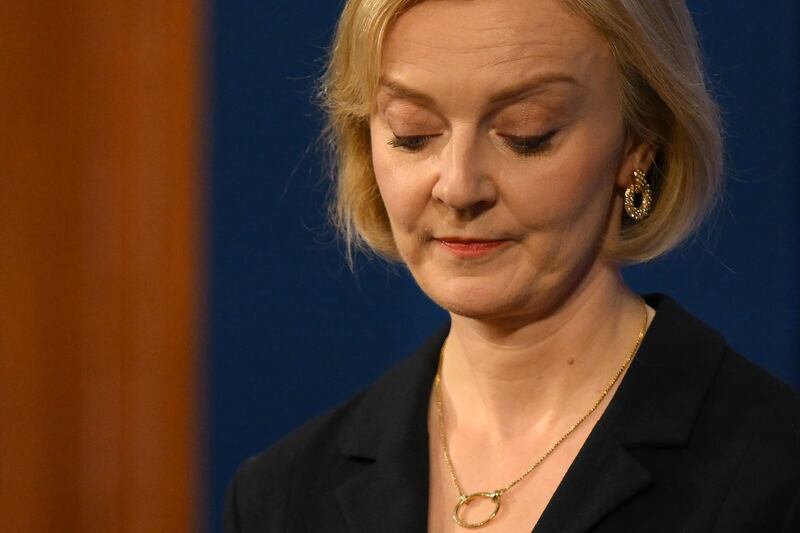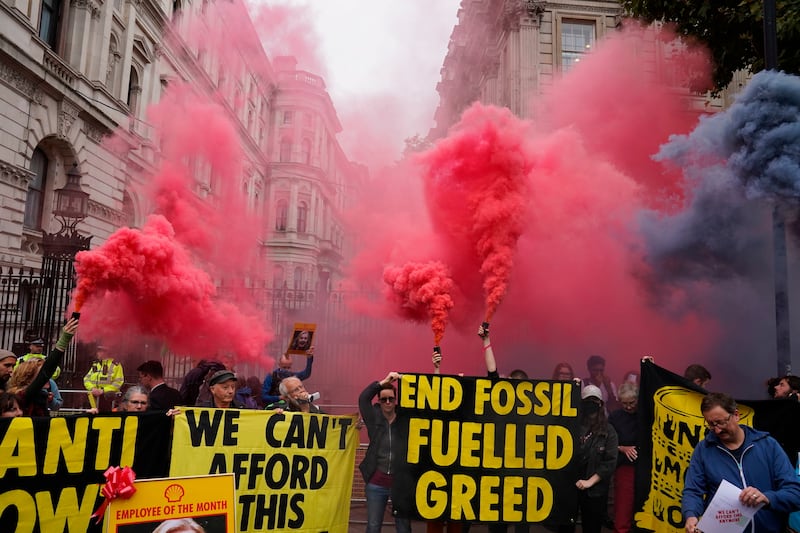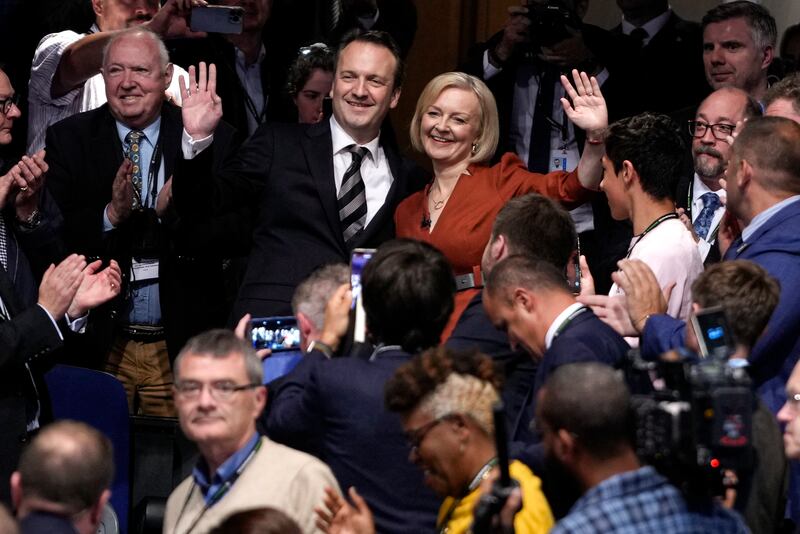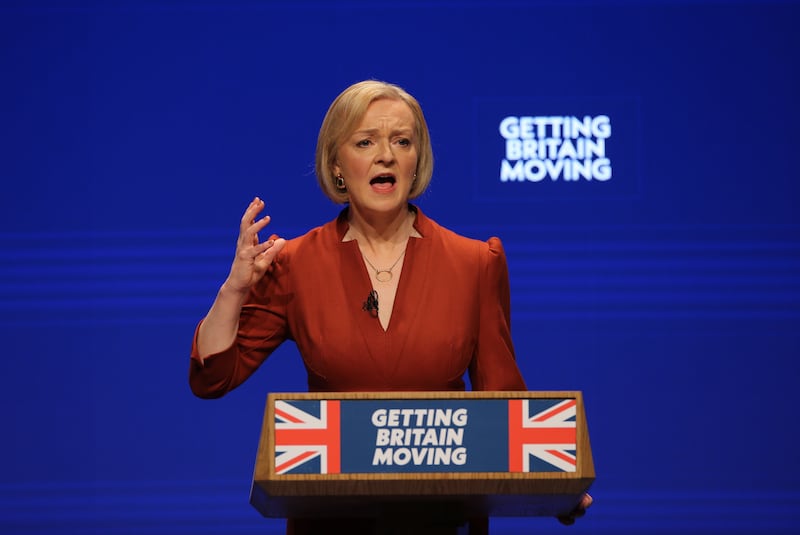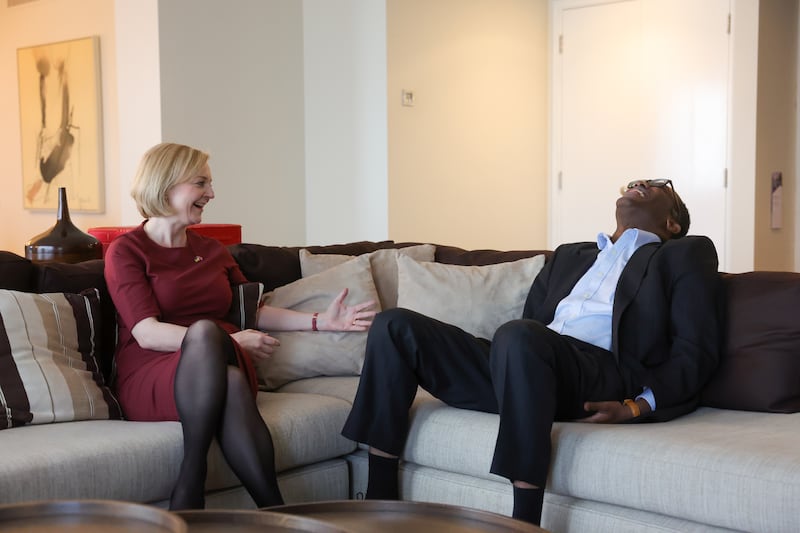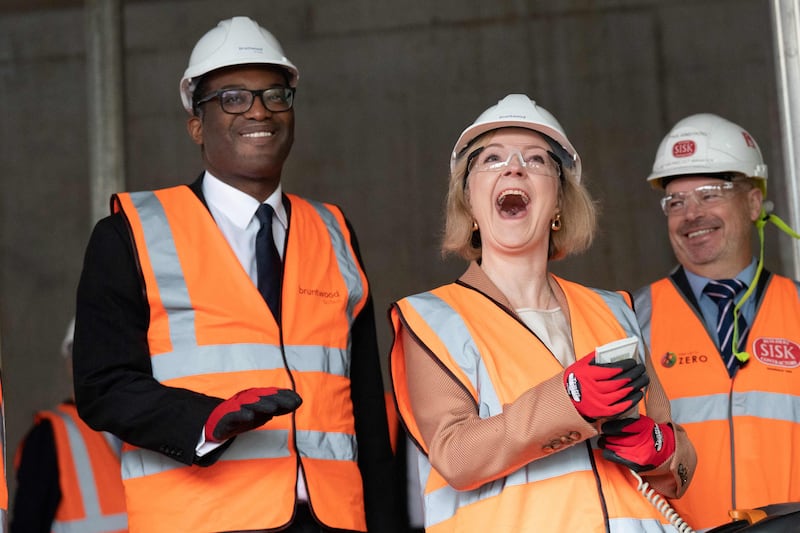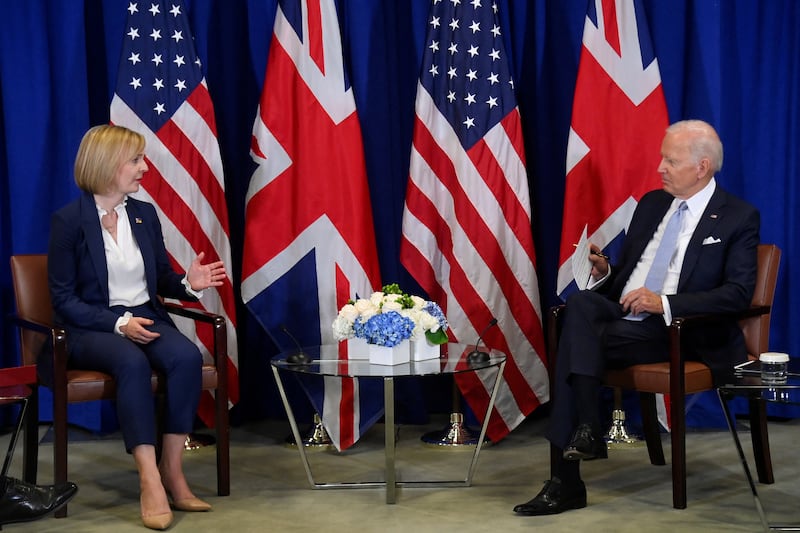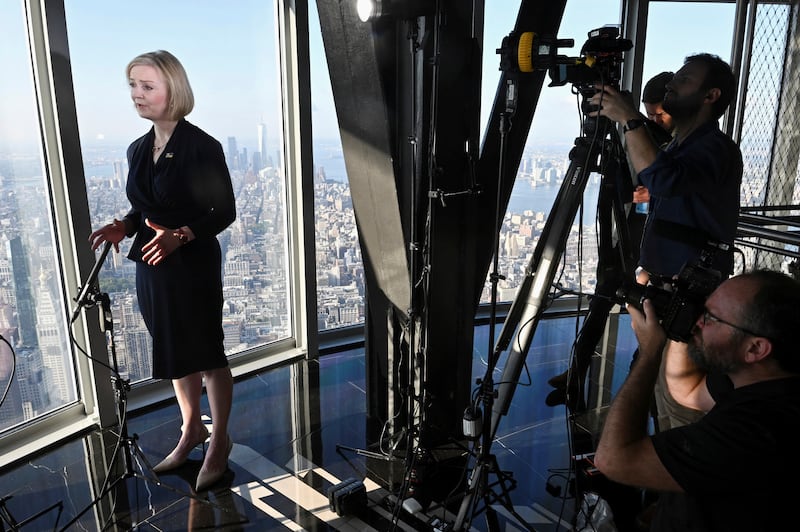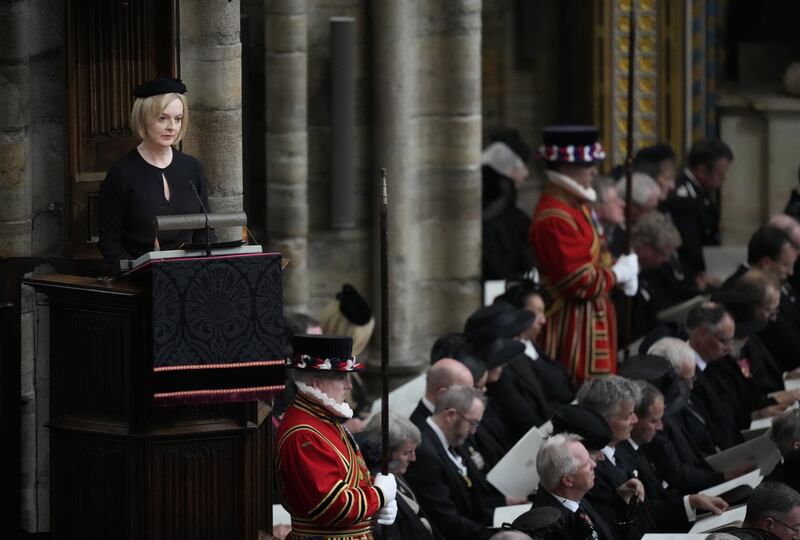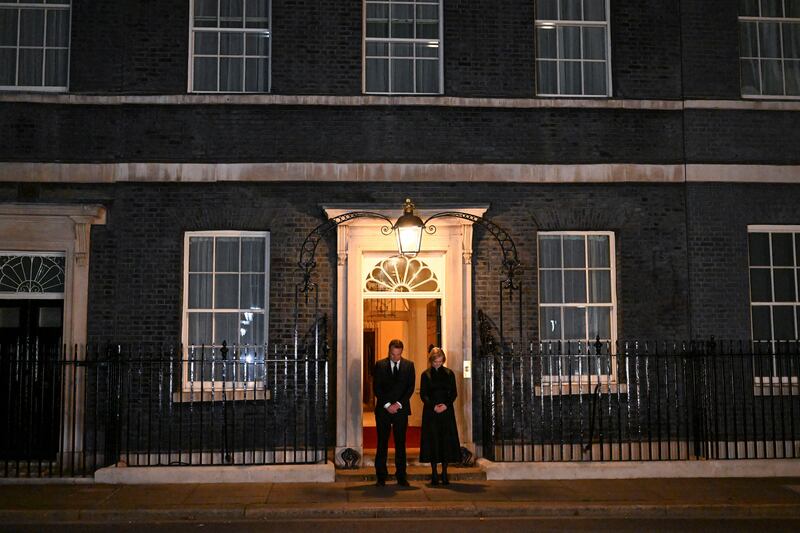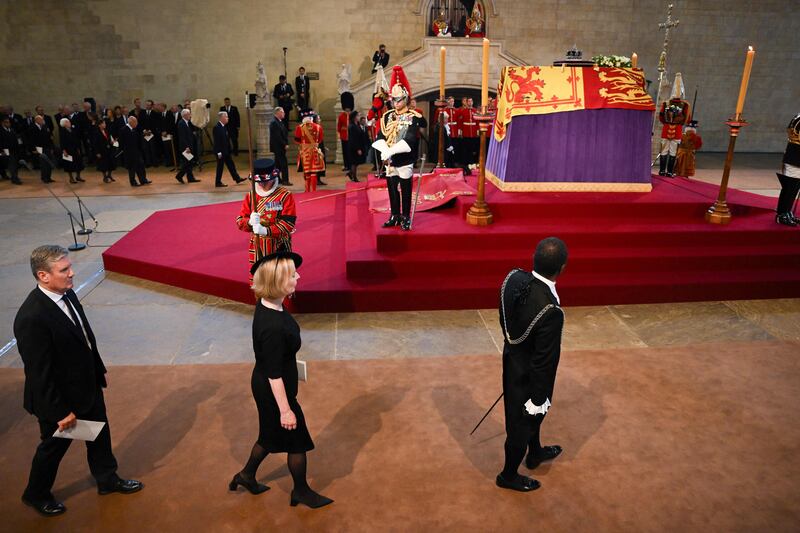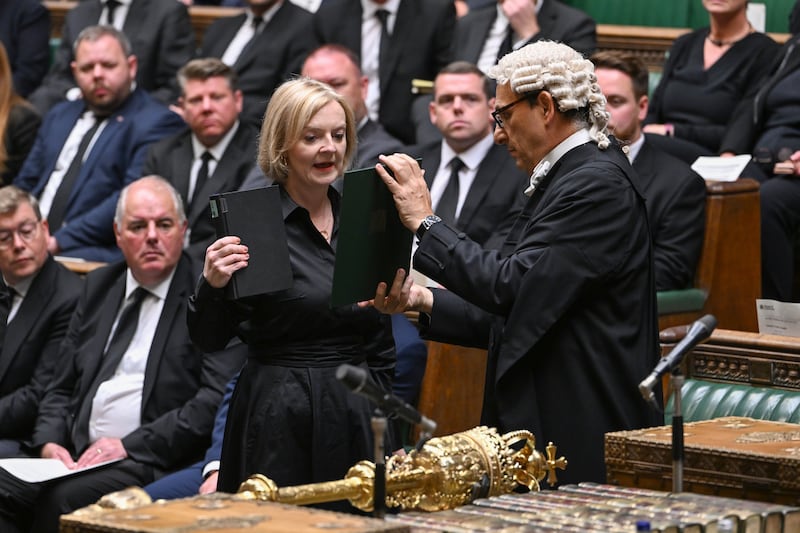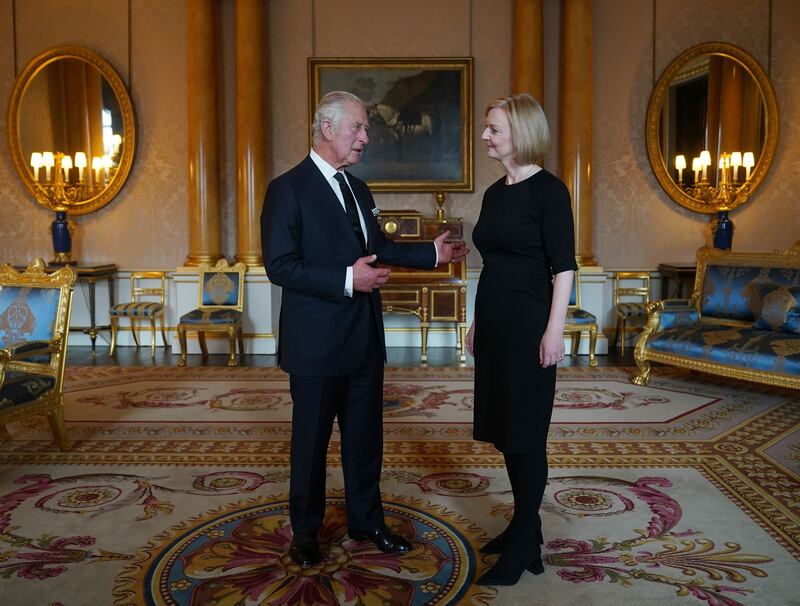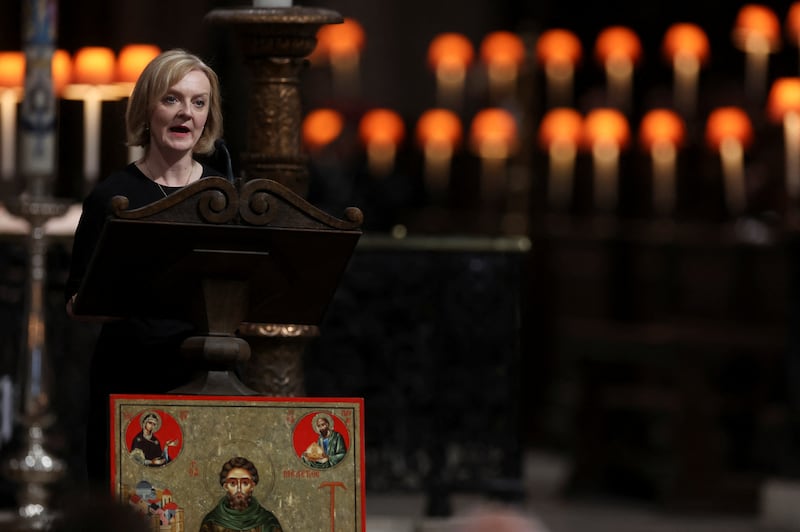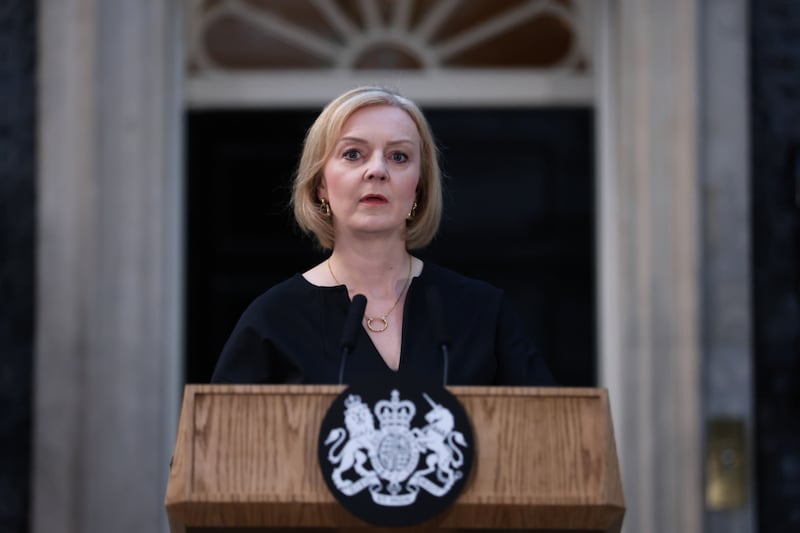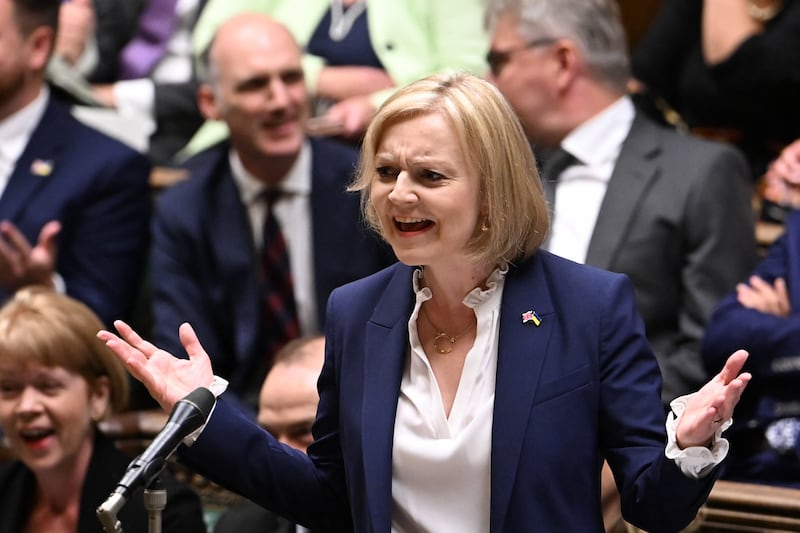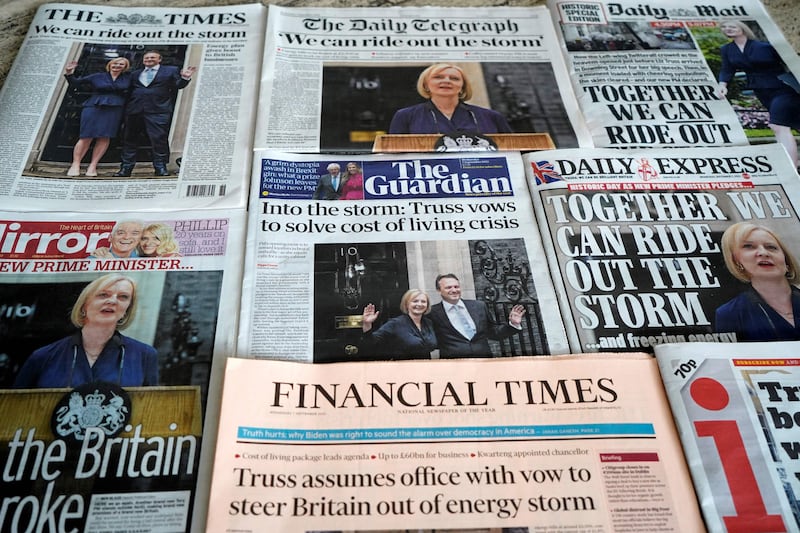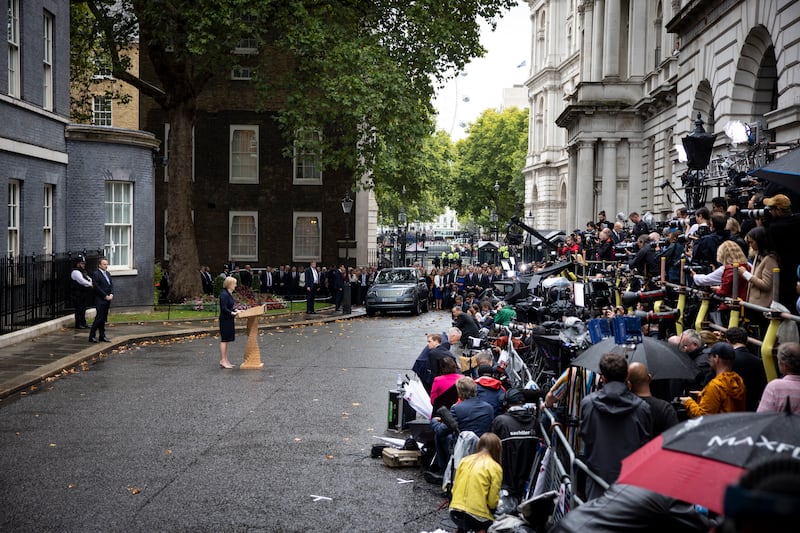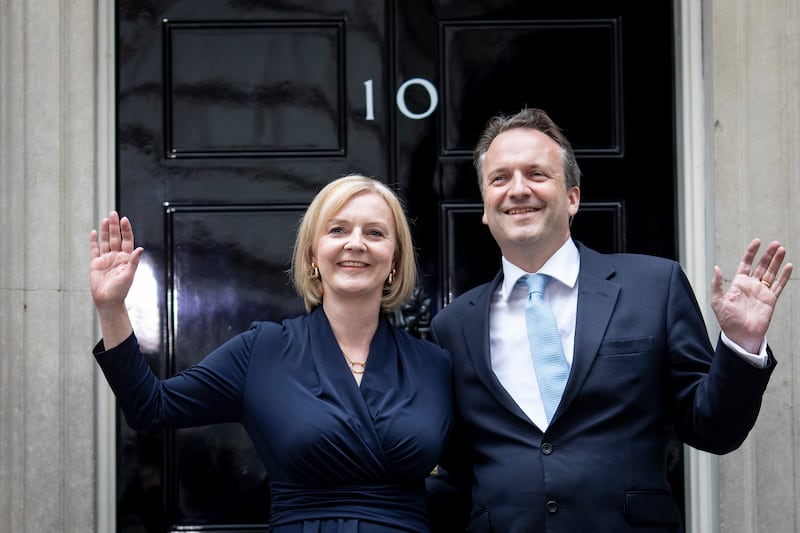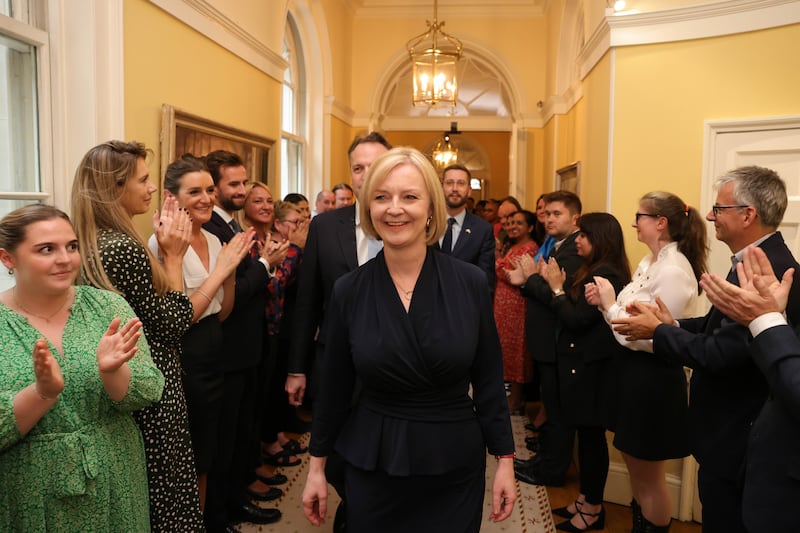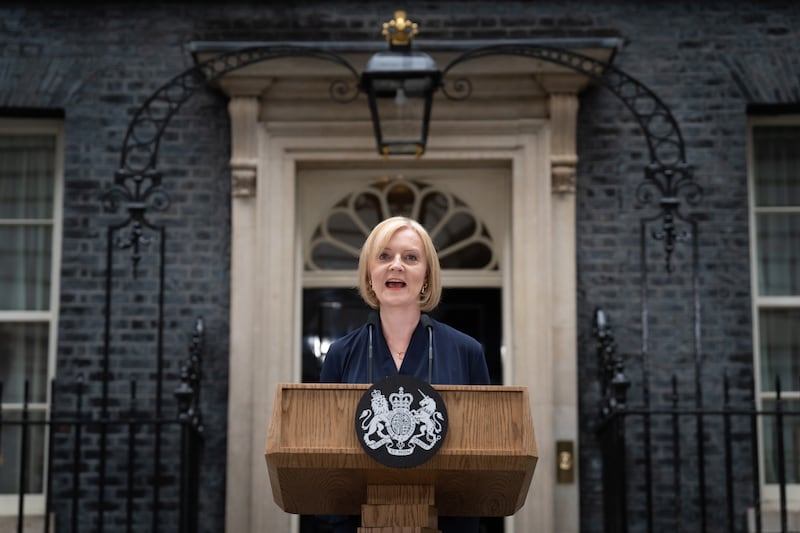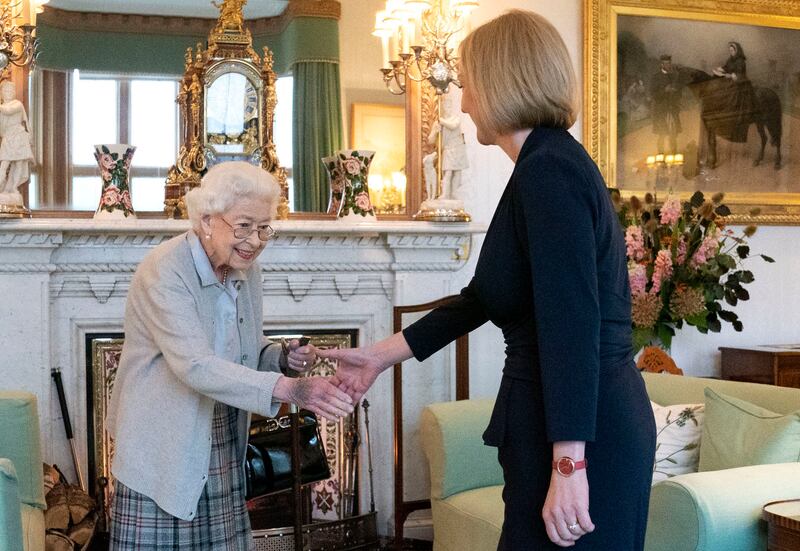In the UK, Margaret Thatcher was the most successful Conservative prime minister in recent history. She won three elections beginning in 1979 and brought in sweeping reforms to the British economy, selling off state owned enterprises, taking on trade unions and shutting down industries at the heart of some working class communities, most notably coal mines. Mrs Thatcher was divisive, sometimes loathed but generally respected. She mostly did what she said. She also had a phrase she repeated over and over: “You can’t buck the market.” It was an unusual kind of humility from someone who rarely lacked confidence, because she was pointing out that in a market economy investors will act in their own best interests and if a government – even a strongly led one like hers – makes mistakes the market will penalise those mistakes.
Britain’s new prime minister Liz Truss is no Margaret Thatcher. She and her coterie in Cabinet, including the Chancellor of the Exchequer Kwasi Kwarteng (nicknamed "Kamikaze" Kwarteng on social media), are much influenced by a group of right wing so-called "think tanks"– generally, well-funded lobbyists – based in Westminster. These lobbyists have for years called for very low taxes, especially on the rich, de-regulation and for the UK to leave the EU. Impressionable politicians, like Ms Truss, have swallowed these supposed "free market" ideas whole, without apparently wondering how the real markets would react if ever these ideas were put into practice. Now we know. The Truss experiment, announced last week, has been, essentially, for the UK government to tax much less, borrow much more, spend the money and pretend this is just the shake-up the British economy needs.
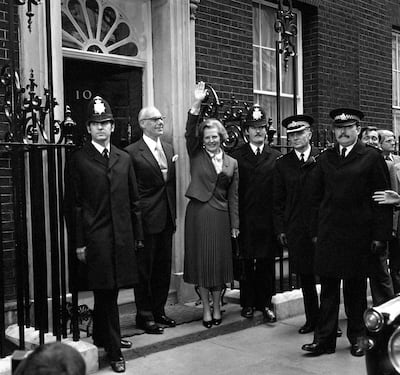
Politically this was always hazardous. Rewarding a millionaire with a tax cut while a person of average income struggles to pay the bills is tone-deaf politics. But it is stunning that the Truss-Kwarteng free-marketeers did not seem to understand what the free market would think of the British government. The result has been the pound – which at the time of the Brexit vote in 2016 was trading at just under $1.50 – is now hovering at around a record low of $1. And Mr Kwarteng, removed from reality, promises more of the same toxic medicine. What is also astonishing is that none of the key players in the British government, and especially not the prime minister, seem to have learnt anything from even a brief glance at economic history.
The great British economist JM Keynes argued back in the 1930s that what we now call "trickle down" economics, namely making the rich richer and believing their wealth will in some magical way "trickle down" to the less well off, does not work. That is because very rich people often "hoard" their money. If you are worth millions there simply are not enough mansions, yachts, cars and designer clothes you will ever buy to make a real difference.
By the 1980s, US President George HW Bush described trickle down theories as "voodoo economics". In Britain the Truss-Kwarteng economic policy has been compared to the 1971 "dash for growth" under the then Chancellor Anthony Barber. The idea was to "set the people free" by not "propping up lame duck" enterprises – exactly the kind of voodoo chants that prime minister Truss and her supporters have engaged in during the past month.
The Barber Boom was a bust, an economic and political disaster setting the tone for the 1970s in which the UK was "the sick man of Europe". What is astounding is that the senior group in and around Ms Truss either did not know of the history of failure of the economic policies they are pursuing, or they did know yet somehow, recklessly, they decided to go ahead anyway.
The sad truth is that the Conservative party has been in the doldrums for years. It tore itself apart during Brexit. It tolerated Boris Johnson’s lies, until finally shamed into getting rid of him. And it is now led by someone who has never been the first choice even of her own MPs. Ms Truss has filled her government with people chosen for loyalty rather than competence.
Conservative MP Chris Philp, for example, is Mr Kwarteng’s number two at the British Treasury. He describes himself as a serial entrepreneur. Mr Philp took to Twitter just as Mr Kwarteng began announcing his new economic strategy and boasted: "Great to see sterling strengthening on the back of the new UK Growth Plan." The pound’s crash then began. A British Treasury official told a newspaper that his boss, Mr Philp, was an "idiot".
What happens next? The Conservative party drama enters a new phase. Liz Truss and Kwasi Kwarteng have been revealed as the shallowest of political leaders. The Labour party is reviving. But watch Conservative MPs, the competent ones who always thought Liz Truss would be a disaster. What will they do now? Perhaps they will reflect that you really cannot buck the market. But you can get rid of a failing leader.
